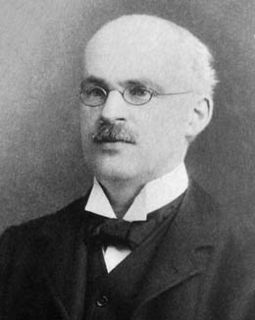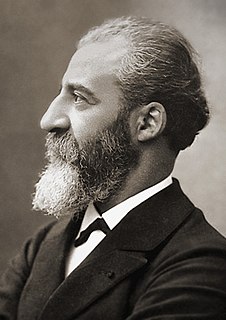
The Royal Society of Edinburgh is Scotland's national academy of science and letters. It is a registered charity, operating on a wholly independent and non-party-political basis and providing public benefit throughout Scotland. It was established in 1783. As of 2017, it has more than 1,660 Fellows.
The Faraday Society was a British society for the study of physical chemistry, founded in 1903 and named in honour of Michael Faraday. In 1980, it merged with several similar organisations, including the Chemical Society, the Royal Institute of Chemistry, and the Society for Analytical Chemistry to form the Royal Society of Chemistry which is both a learned society and a professional body. At that time, the Faraday Division became one of six units within the Royal Society of Chemistry.

The Royal Meteorological Society is a long-established institution that promotes academic and public engagement in weather and climate science. Fellows of the Society must possess relevant qualifications, but Associate Fellows can be lay enthusiasts. Its Quarterly Journal is one of the world's leading sources of original research in the atmospheric sciences.
The Chemical Society was formed in 1841 by 77 scientists as a result of increased interest in scientific matters. Chemist Robert Warington was the driving force behind its creation.
The Royal Scottish Society of Arts is a learned society in Scotland, dedicated to the study of science and technology. It was founded as The Society for the Encouragement of the Useful Arts in Scotland by Sir David Brewster in 1821 and dedicated to "the promotion of invention and enterprise". The Society was granted a Royal Charter in 1841.

The Medical Society of London is one of the oldest surviving medical societies in the United Kingdom.







